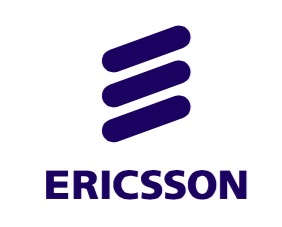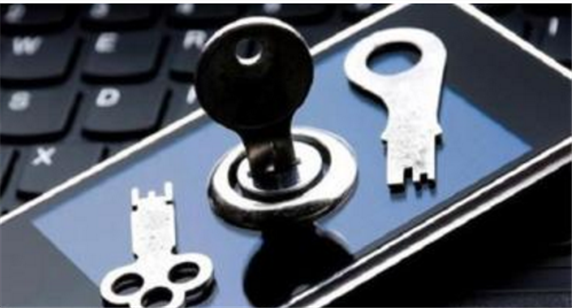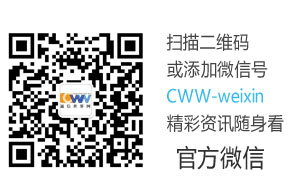AT&T will buy T-Mobile USA for $39 billion in cash and stock, which makes AT&T the nation's largest wireless carrier, ahead of top-ranked competitor Verizon Wireless, and reducing the number of major national wireless carriers from four to three.
Consumer groups are sure to object because of concerns over market consolidation and less competition, but some analysts said the deal makes sense and won't lead to higher prices. Rumors circulated last year that T-Mobile was expected to be sold, possibly to third-place Sprint, so AT&T's emergence was somewhat of a surprise.
The deal, announced on Sunday by both AT&T and T-Mobile's parent, Deutsche Telekom, has been approved by the boards of both companies. Under the deal, Deutsche Telekom would receive an 8% equity stake in AT&T and a board seat.
The transaction is expected to close in 12 months, the companies said. It is subject to federal regulatory approval, where it will undoubtedly receive close scrutiny, given its size and impact on the competitive landscape. A conference call on the agreement is set for 8 a.m. EDT Monday.
AT&T said the deal will add T-Mobile's 34 million customers to AT&T's 95.5 million total subscriber base (as of the end of 2010), enabling a quicker expansion of 4G LTE wireless networks to the entire subscriber group of about 130 million. In comparison, Verizon had 94.1 million subscribers at at the end of 2010, although Verizon and AT&T count them somewhat differently.
Adds even more infrastructure and coverage to AT&T’s network. Not only will AT&T gain customers, but more importantly, it gains many cellular sites and base stations. T-Mobile’s commitment to HSPA+ combined with AT&T’s efforts already underway not only make AT&T the largest mobile carrier, but the largest 4G carrier as well.
We’ll undoubtedly get more information about this development at CTIA (I’m on my way to the airport in the next 30 minutes, in fact). But AT&T and T-Mobile just reshaped the US wireless market in a very big way.













